Claire Stibbe
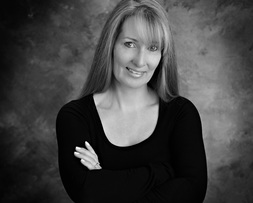 Claire Stibbe
Claire Stibbe
Claire's latest novel, a psychological thriller, 'The 9th Hour', has just been released by Crooked Cat Publishing and is available on Amazon as an eBook. and she is currently working on the second in the series, 'Night Eyes.' Claire has written two historical fiction novels, 'Chasing Pharaohs' and 'The Fowler's Snare', both set in ancient Egypt during the 18th Dynasty and several short stories for an anthology of fantasy and crime tales. The collection won Best Anthology of 2014 in the Independent Book Awards hosted by eFestival of Words.
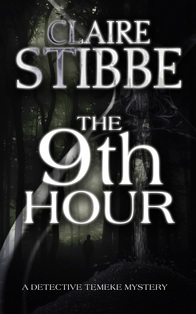
Welcome to my Guest Blog. I know that this is a very exciting week for you; the first novel in the Detective Temeke Series, ‘The 9th Hour’, was released last Tuesday by Crooked Cat Publishing. Why don’t you start by telling us tell us a bit about ‘The 9th Hour’?
The first book takes place in Albuquerque, New Mexico where a nine-year-old African American girl has been abducted. Temeke, a detective working for violent crimes against children, is called out one early December morning to take over a case nobody wants. Why? Because former lead Detective Jack Reynolds was found dead under the bridge on Exit 230 to San Mateo. He had a gunshot wound to his head.
With a new partner, a new case and a new set of wheels, Temeke takes to the roads in search of a man who keeps the body parts of his eight young victims as trophies and has a worrying obsession with the number nine.
Researching ideas for The 9th Hour, the first in the Detective Temeke Series has been so much fun, especially driving around Albuquerque through all the areas Temeke & Malin would go.
With so many state parks here in New Mexico, the hiking trails are numerous and great places to soak up the mood and learn about the history of the southwest. Big blue skies, palisade cliffs and all kinds of fauna only add to each scene. With the help of detectives in the local police department, this has been crucial in piecing together the steps of a serial killer.
‘The 9th Hour’ is a very atmospheric and brooding thriller. What inspired the mood of the book?
Slate-grey skies, a sheet of rain one minute and the growl of thunder the next has provided the right mood for my book. I love the characters and the way they lead each chapter to who knows where. And yes, normally I have a structure, only this time it all went out of the window.
It’s David Temeke’s fault. His dry wit always goes for the jugular, rubbing the Duke City Police Department up the wrong way. Unit Commander Hackett is clearly suspicious of Temeke, an African/British ex-pat, and has reluctantly assigned him a new east coast transfer, Malin Santiago. It’s a high profile case where her Hispanic/Norwegian roots are a valuable asset to the team. Can’t say why. You’ll just have to read the book. Only, Temeke believes that Santiago lacks the necessary experience for such a case which is adding a considerable strain to their professional relationship. Not to mention her physical attraction to him which is about as welcome as a skunk at a lawn party.
You talk about your characters as if they were real people. Is that how they feel to you?
Oh, yes. I often sit in my favorite coffee shop and ask my characters questions. It’s amazing what they come up with. I wrote a scene for Santiago that would change Temeke’s view of her; maybe give him something to chew over. But being despicable Temeke, he wanted to leave things as they are. Unrequited love in the Northwest Area Command is much too much fun to watch. And Malin isn’t all smiles and teeth. There’s a certain metal in her psyche that gets stronger with every book. She might have started out as a pit-dweller, but she’s sure making up for it now.
It sounds a fabulous thriller, Claire! Thank you for taking the time to be my guest. I’ve really enjoyed talking to you.
Claire is also the author of two Egyptian Fiction books, ‘Chasing Pharaohs’ and ‘ The Fowler’s Snare.’ For more information on Claire Stibbe, please visit:
http://www.cmtstibbe.com/
https://clairestibbe.wordpress.com/
Feel free to follow us on https://twitter.com/CMTStibbe and Facebook http://buff.ly/1NPgLIH
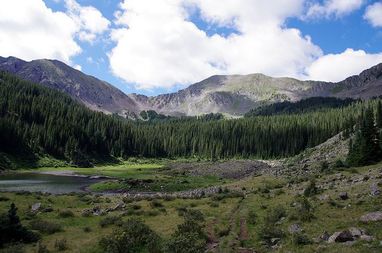
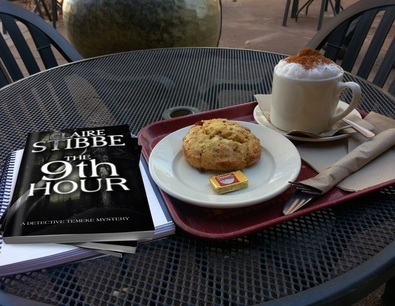
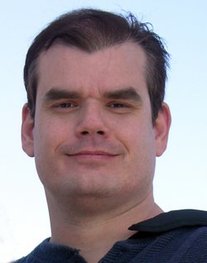
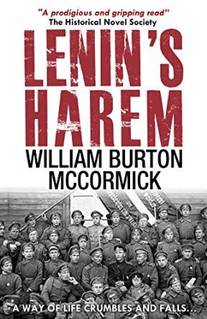
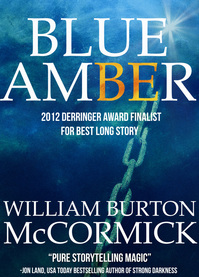
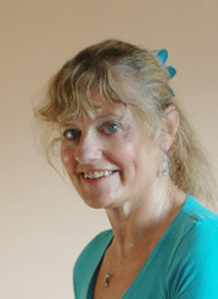

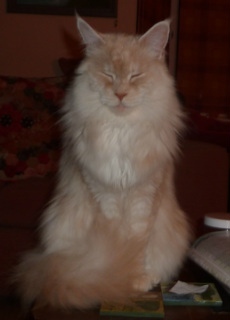
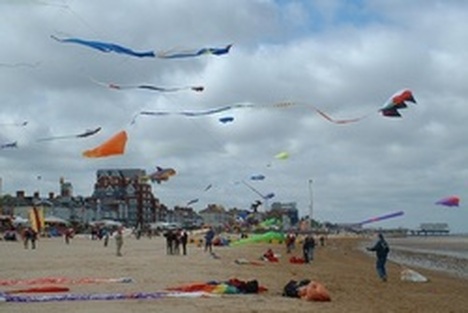
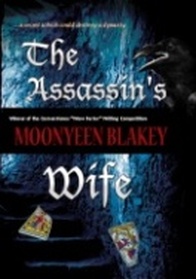
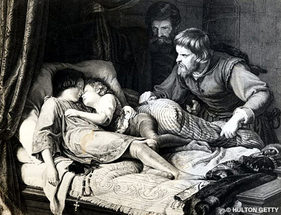
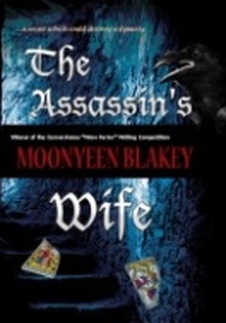
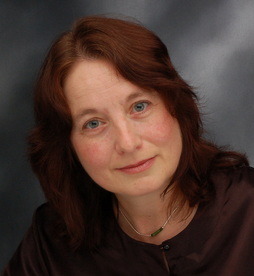
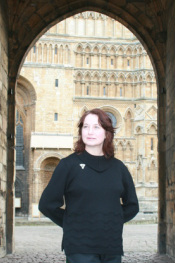
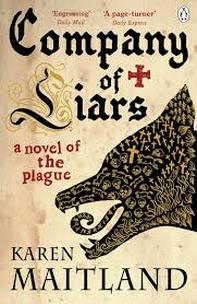
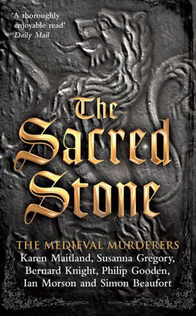
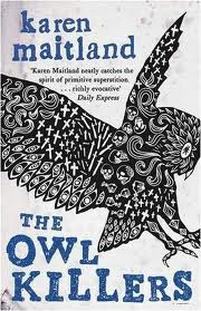
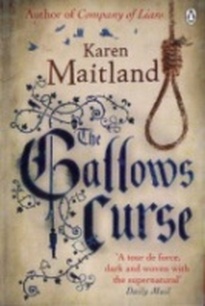
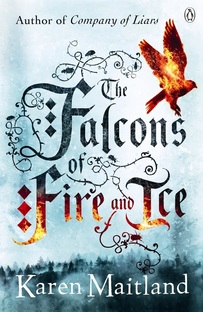
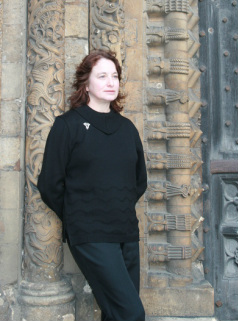
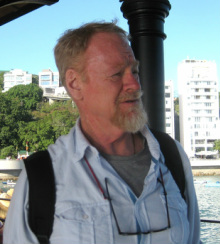
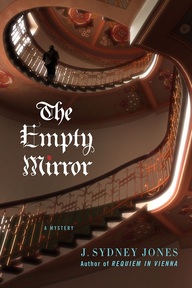
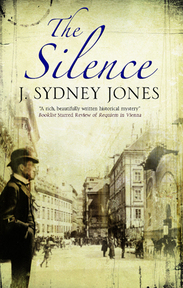
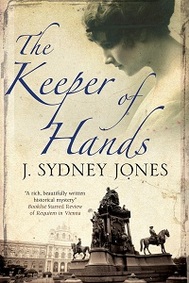
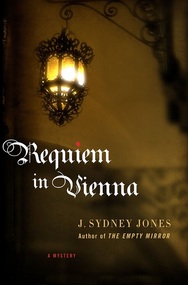
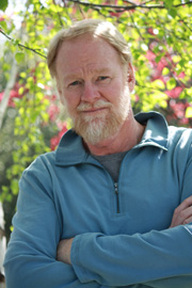
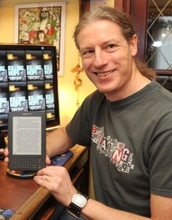
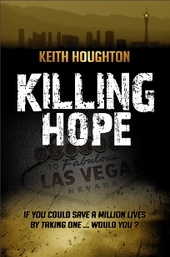
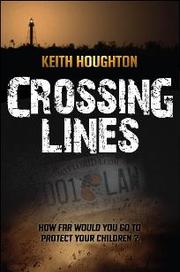
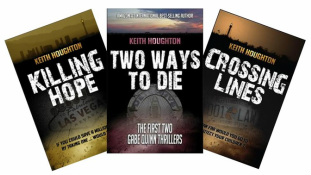
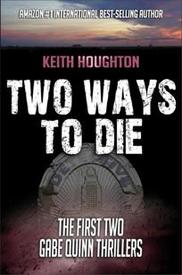
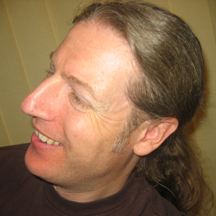
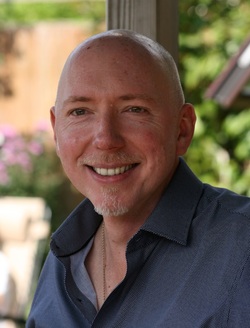
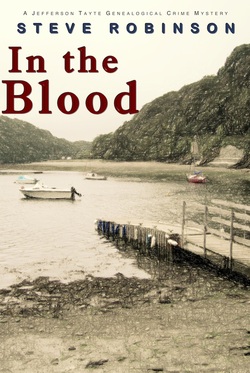
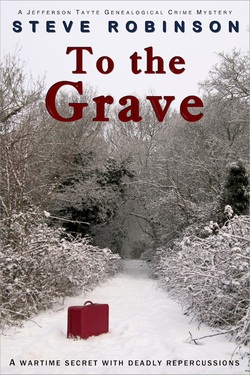
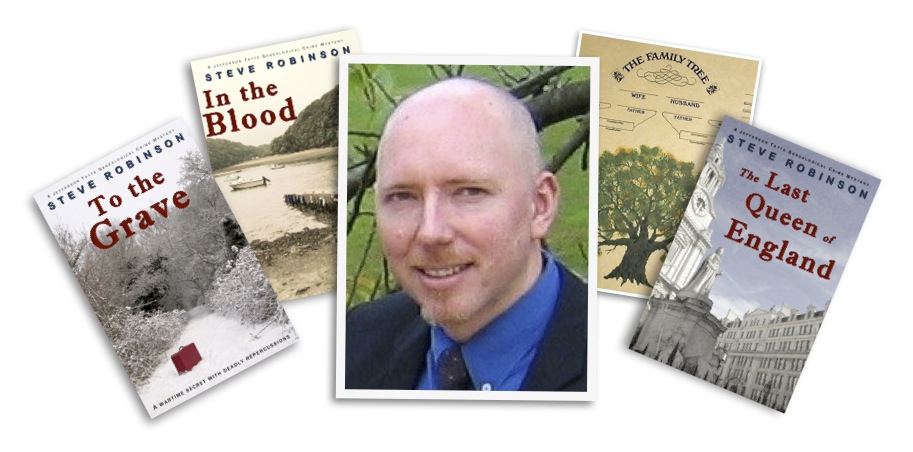
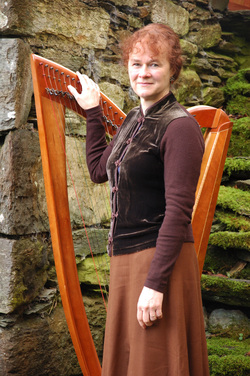
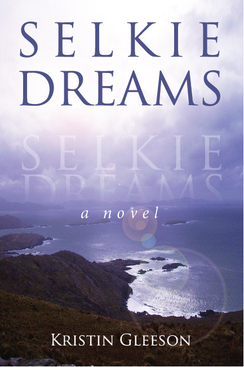
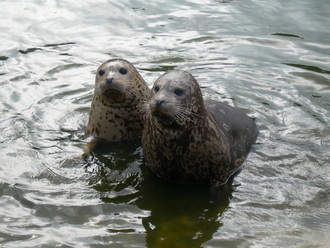
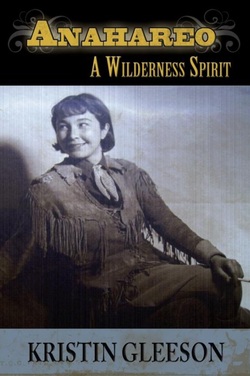
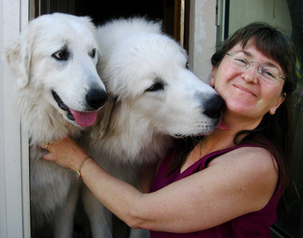
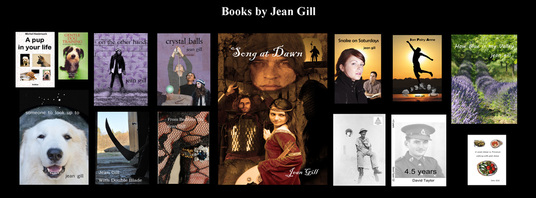

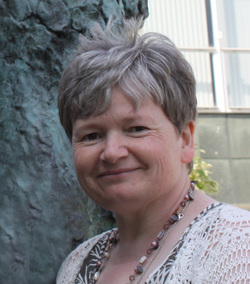
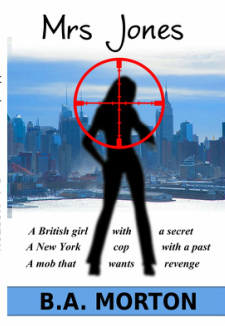
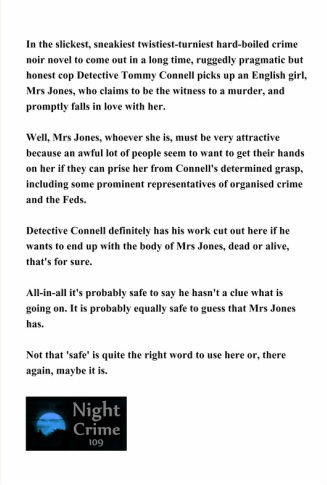
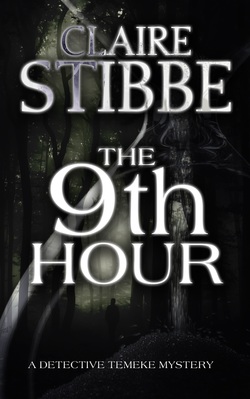
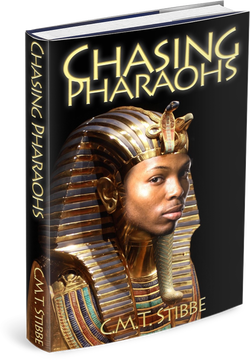
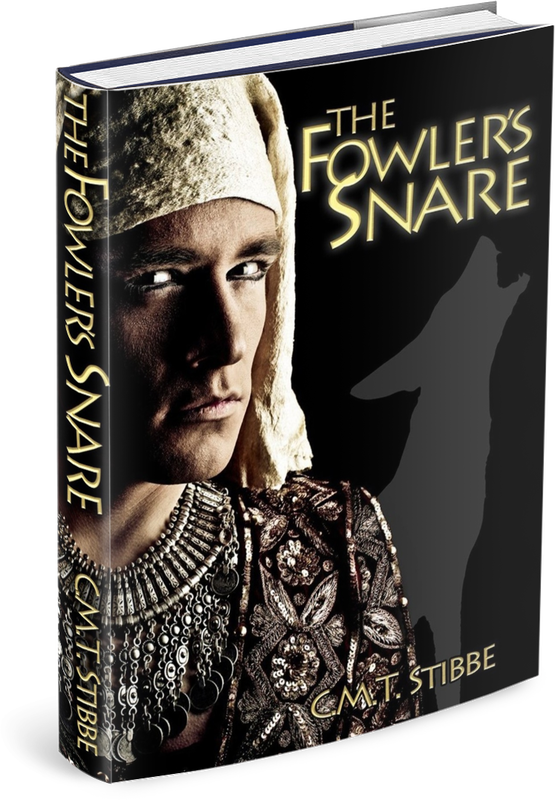
 RSS Feed
RSS Feed